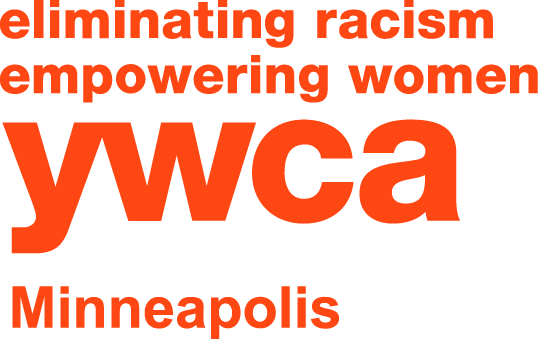Understanding and Acknowledging Juneteenth
Our country was founded on the genocide of Native Americans and the enslavement of Africans. When the forefathers of this nation wrote "liberty and justice for all," the "all" did not include the surviving Native population and enslaved Africans. Our country was founded upon the complete dehumanization of Black and Brown people, a history, a philosophical phenomenon, we have not yet reconciled or recovered from.
For descendants of enslaved Africans, Juneteenth marks an opportunity in our history to be seen, upheld and valued as human beings; not as objects; not as currency. On January 1st, 1863, the Emancipation Proclamation was signed. It was nearly two and a half years later in 1865 when 250,000 enslaved Africans in Galveston, Texas, were finally declared free by the U.S. army. A year later in 1866, the first Juneteenth celebration took place in Texas.
Left with no wealth, no property and few formalized structures of support, freedom for the formerly enslaved was manifested through hope and the opportunity to dream of a better future. The early Juneteenth celebrations were community gatherings with dances, parades, cookouts and the singing of spirituals. Historian Henry Louis Gates, Jr. notes that Juneteenth was "an occasion for gathering lost family members, measuring progress against freedom and inculcating rising generations with the values of self-improvement and racial uplift."
Passed down through generations, Juneteenth today continues to honor the work and sacrifice of our ancestors, in addition to giving space to reflect on our movement beyond freedom and toward liberation. Liberation from a society still rooted in anti-Blackness, one where our humanity continues to be questioned and commodified.
Erin Stewart Mauldin, assistant professor of history at the University of South Floria's St. Petersburg campus and an expert on the Civil War and Reconstruction said, “Freedom was not a straight line from the Emancipation Proclamation to Juneteenth to the Civil Rights movement. Individuals had to fight for every piece of freedom they experienced and the struggle for racial justice that started long before the war did not end with emancipation.”
Juneteenth in Minnesota
Throughout the Twin Cities festivals and celebrations take place in recognition of Juneteenth bringing communities together to remember, educate and grow in understanding of the significance of this part of the American story.
In 2023, the Minnesota Legislature and Governor Walz made Juneteenth a state holiday.
When celebrating Juneteenth this year, think not of how far we’ve come in American history, but of how much further we have to go to build a just and equitable society that honors the humanity of all people.

